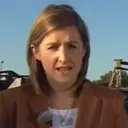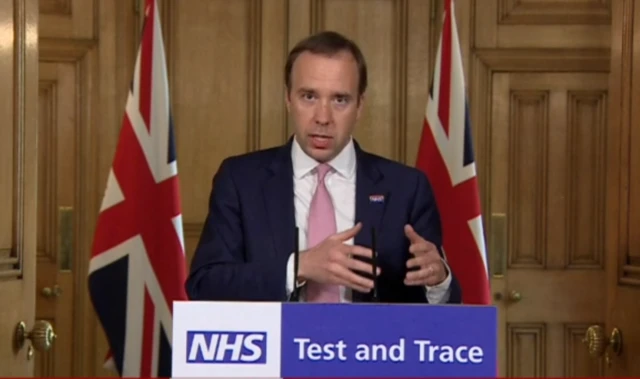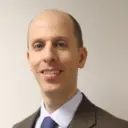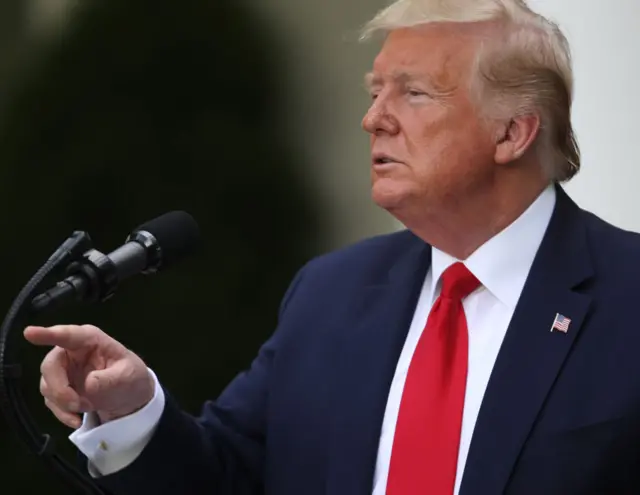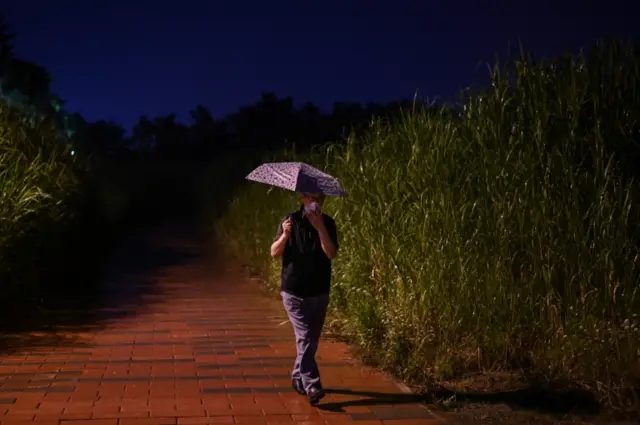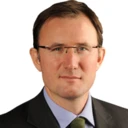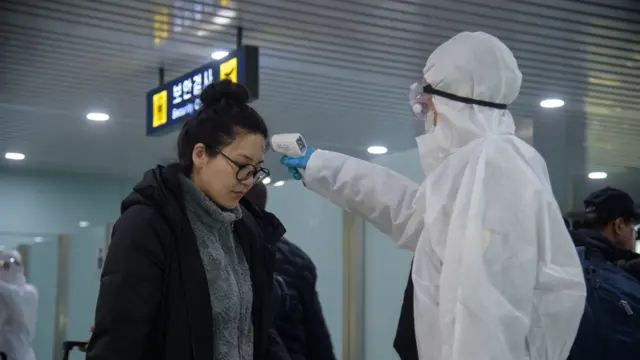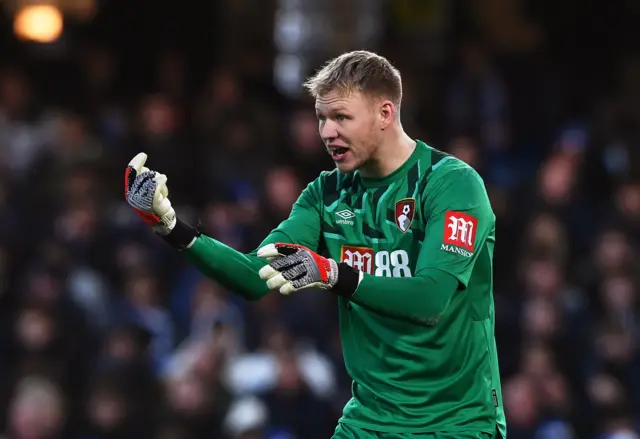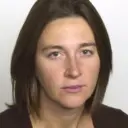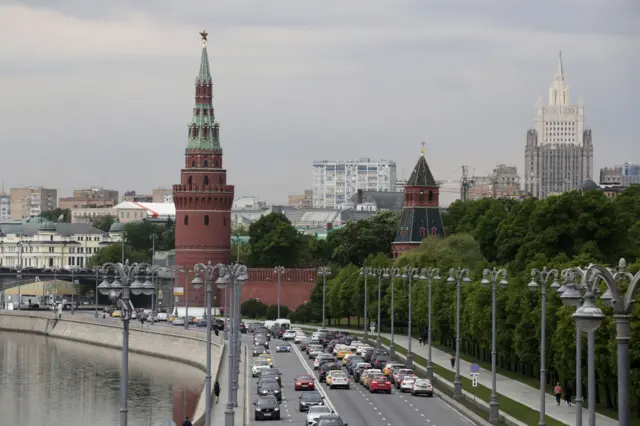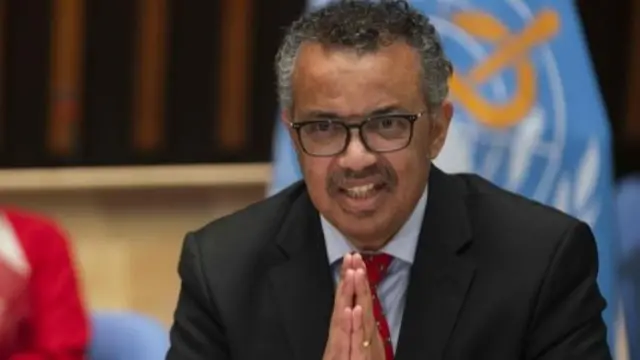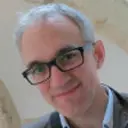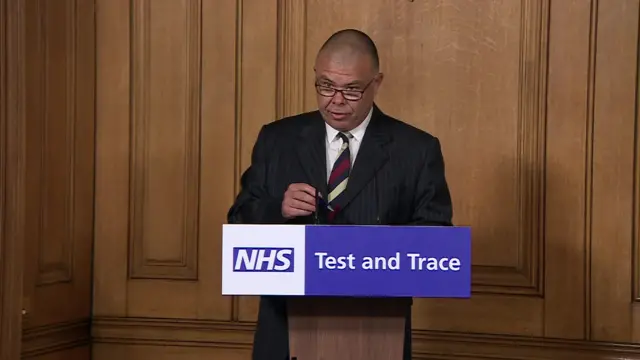How does contact tracing work?published at 20:18 BST 27 May 2020
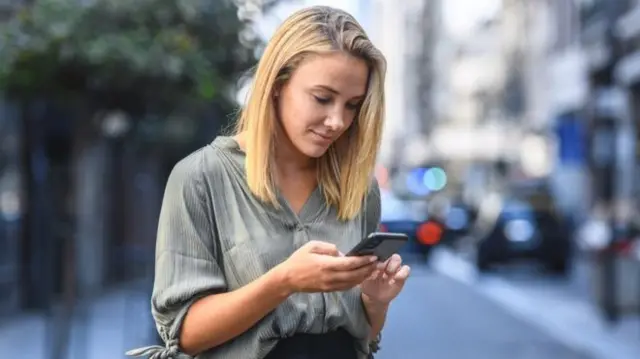 Image source, Getty Images
Image source, Getty ImagesEngland and Scotland's contact tracing systems will be launched on Thursday, in a move which could limit future outbreaks of coronavirus.
A team of 25,000 contact tracers in England will track down people who have been near someone infected with coronavirus, and ask them to self-isolate for 14 days from the time of contact with the infected person.
Northern Ireland's version has already started, while Wales is due to begin its own in early June.
Contact tracing has been used around the world, including in Hong Kong, Singapore and Germany.
